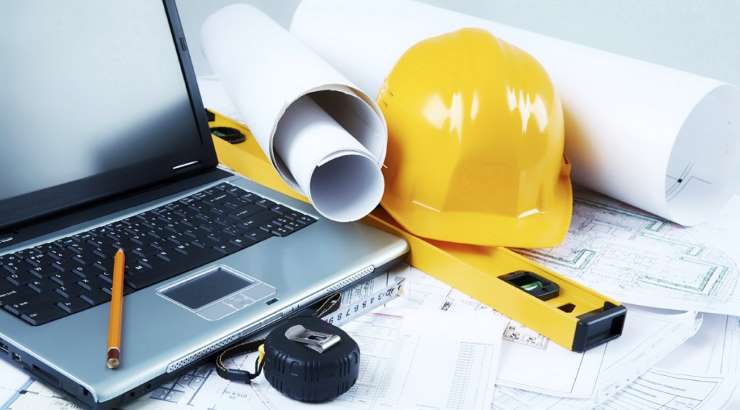Industry News
Kenya to Adopt New Building Code by September
Eurocodes will replace the now outdated British Standards.

A new set of European construction guidelines, commonly known as Eurocodes, will soon provide a common reference point for all builders in Kenya – replacing the British Standards that have guided contractors for five decades.
According to the National Construction Authority executive director Maurice Akech, the new code will be published by September, retiring the BS, which has outlived its usefulness.
“Our intention is to have it [new building code] published between July and September of the next financial year,” Mr. Akech said in a press interview.
Eurocodes are performance-based construction guidelines that consider technological advancements in the construction industry.
The code also takes into consideration universal access to buildings while encouraging the adoption of environment-friendly construction practices.
Unlike the British Standards that restrict builders to specified materials in building walls, Eurocodes allow the use of locally available materials that pass safety tests.
This means that a Mombasa resident seeking approval to build a house using mangrove timber or coral stones, which are abundant in the area, will be able to do so as long as standardisation is carried out and the materials pass the test.
Building technologies
Local builders have been pushing the government to allow them to use locally available materials and alternative building technologies as a means to lower construction costs.
Currently, builders cannot obtain approval to build permanent structures in urban areas unless they are using specific materials such as brick and mortar.
The adoption of the new code will require builders to undergo retraining, which according to the Kenya Bureau of Standards (Kebs) will be done within five years.
“Professionals in the local construction industry will have to undergo retraining, which must be done within five years,” former Kebs managing director Charles Ongwae said in 2017.
“Institutions offering engineering related courses will have to replace their British Standards teaching systems with Eurocodes.”
RELATED: Builders to Go Back to Class as Kenya Adopts Eurocodes
The standards agency said the Eurocodes would eliminate the disparities that hinder the transfer of engineering technologies in the global construction markets.
Kenya hopes that the new code will bring long-term benefits, potentially easing the shortage of affordable housing in Nairobi and other major towns by lowering construction costs.












